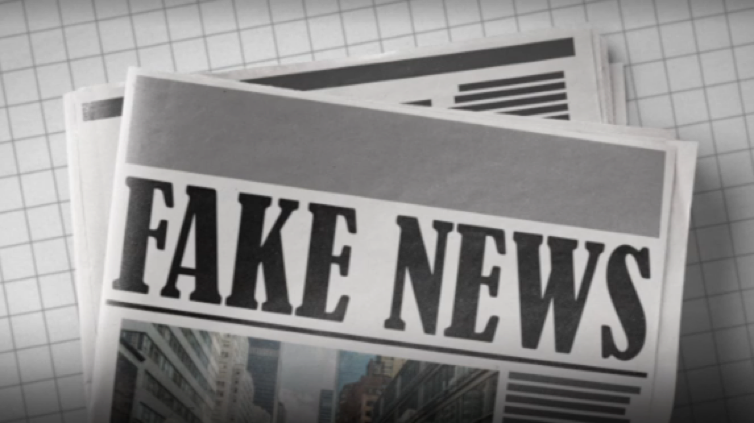Asia Centre, in partnership with the Friedrich Naumann Foundation, launched a new report, “Media Freedom in Southeast Asia: Repeal Restrictive Laws, Strengthen Quality Journalism.”
The report examines the use of fake news legislation to crack down on legitimate online journalistic expression. Traditionally, governments in Southeast Asia have used legislation to control the flow of information in the name of nation building and national security. With a majority of news and media being delivered, shared and consumed over social media and the internet, government control over information has shifted online.
Dr. James Gomez, Regional Director, in launching the report said, “While the negative dimensions of online content are of concern, the increased use of fake news legislation erodes media freedom. In Southeast Asia, governments are especially vindictive of media organisations and journalists who publish information critical or unflattering of their policies.”
The report highlights four sets of legislation that governments use to silence journalists: penal codes, anti-fake news laws, electronic, multimedia and computer usage legislation, and COVID-19 temporary laws and state of emergency decrees.
Dr. Gomez explained that, “These laws contain vaguely-worded provisions penalising the act of spreading disinformation or information that are considered as harmful to national security, public order and social harmony which the authorities exploit to persecute their critics”.
Instead of attacking journalists and media organization’s, Dr. Gomez, articulating the report’s recommendations, said that governments should be positive and focus on strengthening media organization’s and journalists to counterbalance online disinformation through verified information and quality journalism.


